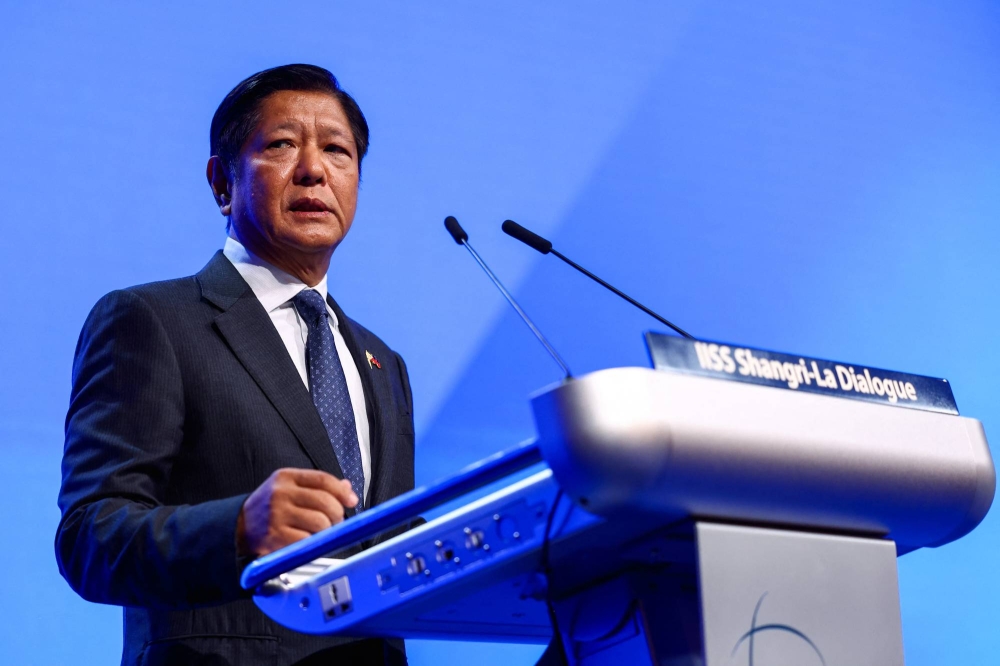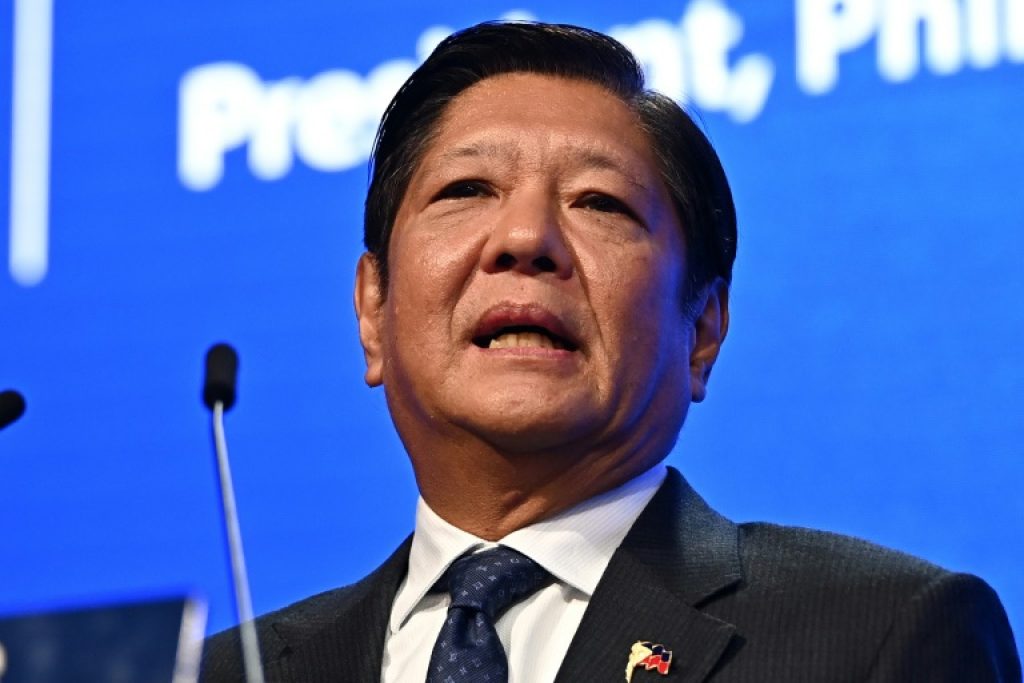
Philippine President Ferdinand Marcos Jr. emphasized the crucial role of the United States in maintaining regional peace during his keynote address at the Shangri-La Dialogue. Highlighting the importance of US involvement, Marcos pointed out that the stability and security provided by the US presence are vital for the Indo-Pacific region. He stressed that the collaborative efforts between the US and regional partners are essential in addressing various security challenges, including territorial disputes and ensuring freedom of navigation.
Marcos’s remarks come amid rising tensions in the South China Sea, where competing territorial claims have led to increased militarization and confrontations. The Philippine leader underscored the necessity of a strong US presence to counterbalance China’s growing influence and to uphold international law, particularly the United Nations Convention on the Law of the Sea (UNCLOS).
In his speech, Marcos also called for enhanced cooperation among Southeast Asian nations and their allies to foster a rules-based order and to support economic development and resilience. His address reaffirmed the Philippines’ commitment to working closely with the US and other international partners to safeguard peace and stability in the region.

SECURITY IN THE SOUTH CHINA SEA
Marcos emphasized that security in the South China Sea, a vital trade route, is a global concern. When asked if China’s coast guard killing a Filipino with water cannons would cross a “red line,” Marcos responded, “If a Filipino citizen was killed by a willful act, that is very close to what we define as an act of war. We would have crossed the Rubicon. Is that a red line? Almost certainly.”
As a treaty ally of the US, the Philippines is central to Washington’s strategy to bolster alliances in the Asia-Pacific region and counter China’s expanding military presence and influence. Due to its strategic location in the South China Sea and its proximity to Taiwan, which China claims, Philippine support is vital for the US in any potential conflict.
Last year, the Philippines expanded a 2014 agreement, granting the US access to an additional four military bases, bringing the total to nine, including two bases in the far north, less than 450km from Taiwan.
The Enhanced Defense Cooperation Agreement (EDCA) also permits US troops to rotate through Philippine bases and store defense equipment and supplies.
US-CHINA RELATIONS
The US’s increasing presence in the region, marked by regular deployments of warships and fighter jets in the Taiwan Strait and South China Sea, has angered Chinese leaders in Beijing. China has accused the US of using the Philippines as a “pawn to stir up trouble in the South China Sea.”
On Friday, US Defense Secretary Lloyd Austin met with China’s Defense Minister Dong Jun in Singapore on the sidelines of Asia’s premier defense summit. According to a Pentagon statement, Austin emphasized the importance of freedom of navigation under international law, particularly in the South China Sea, during his discussion with Dong.
Dong responded by telling Austin that the US was stoking tensions through its military presence in the region, his spokesperson told reporters.
Marcos stated that tensions between the US and China were destabilizing Southeast Asia, urging both nations to work harder to resolve disputes. “Their rivalry is constraining the strategic choices of regional states. Their contest is exacerbating flashpoints and has created new security dilemmas,” Marcos said. “The continued stability of this region requires China and the United States to manage their rivalry in a responsible manner.”
Manila and Beijing have a long history of maritime territorial disputes, but tensions have worsened under Marcos, who has insisted that the Philippines will not give up a “square inch of our territory.” On Friday, Marcos reiterated that the South China Sea dispute extends beyond the Asia-Pacific region.
“The peace and stability of the South China Sea and the freedom of navigation in the South China Sea is a world issue,” Marcos emphasized. “It is not just about ASEAN member states. It is quite easy to see that it is in fact the world that has become the stakeholder.”




